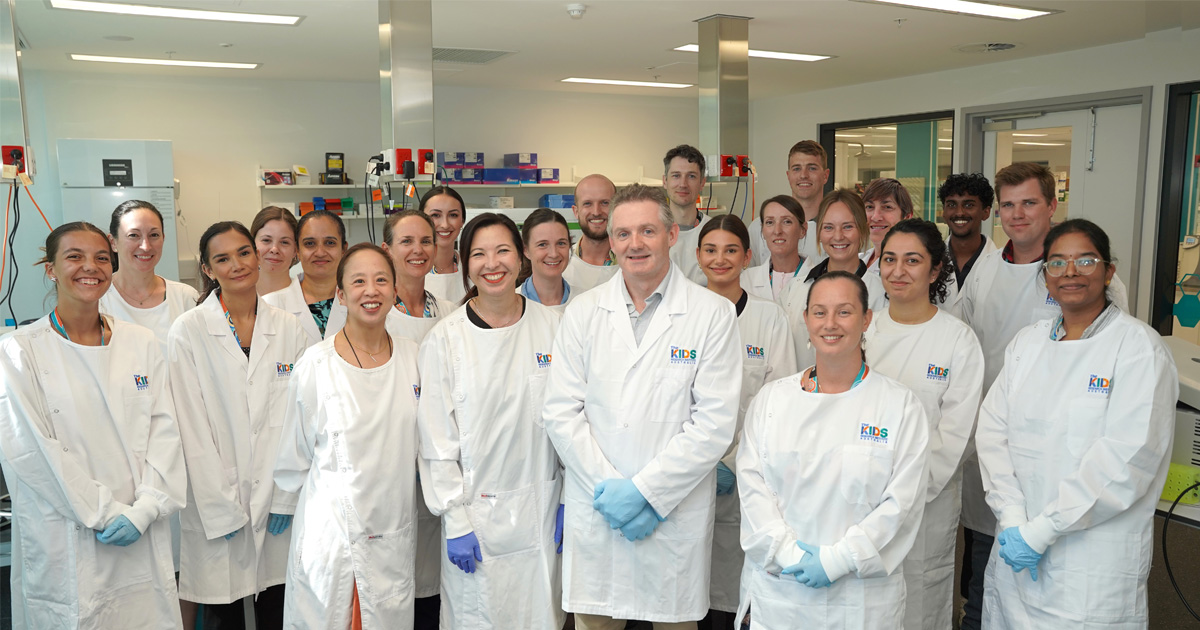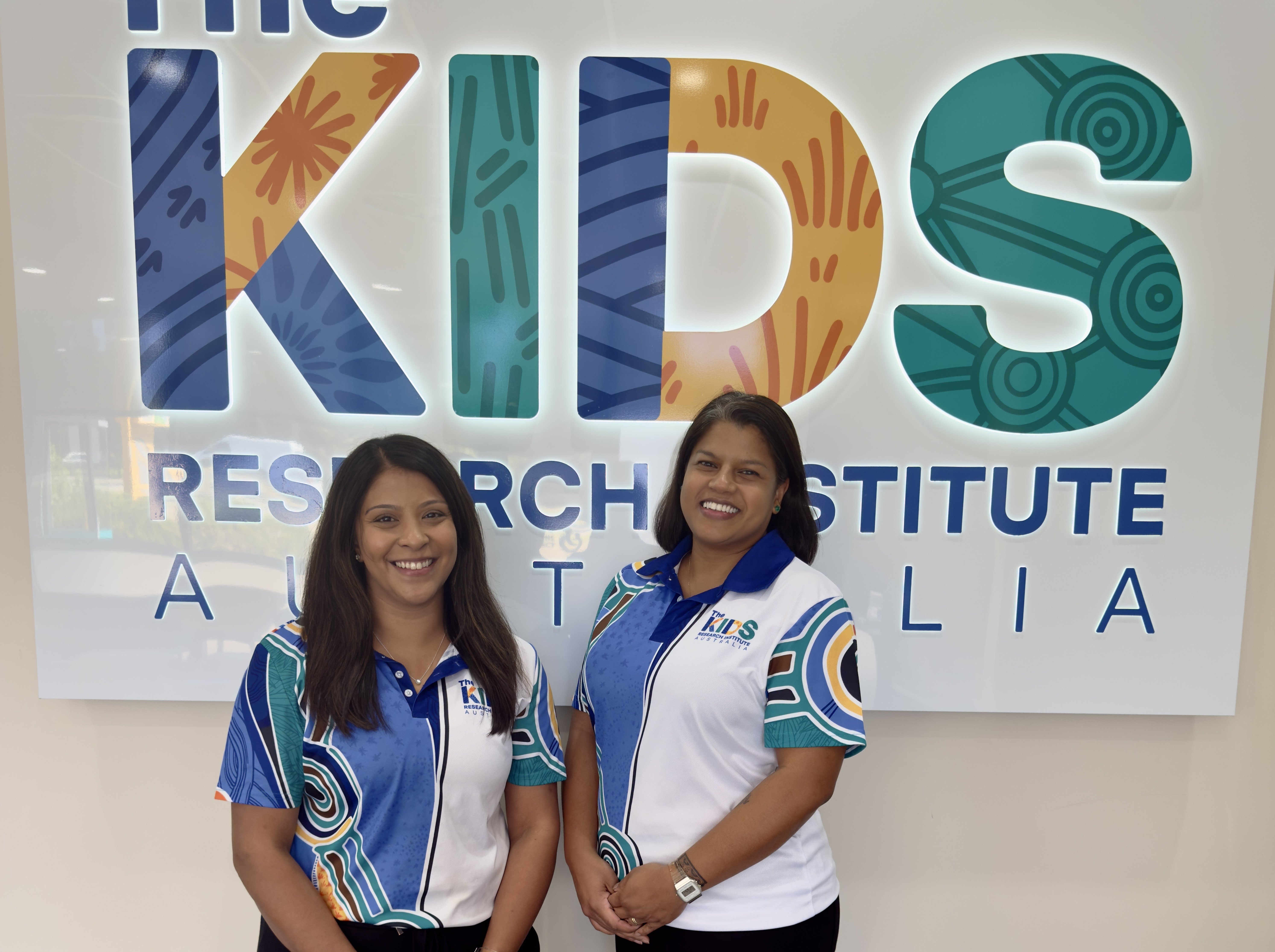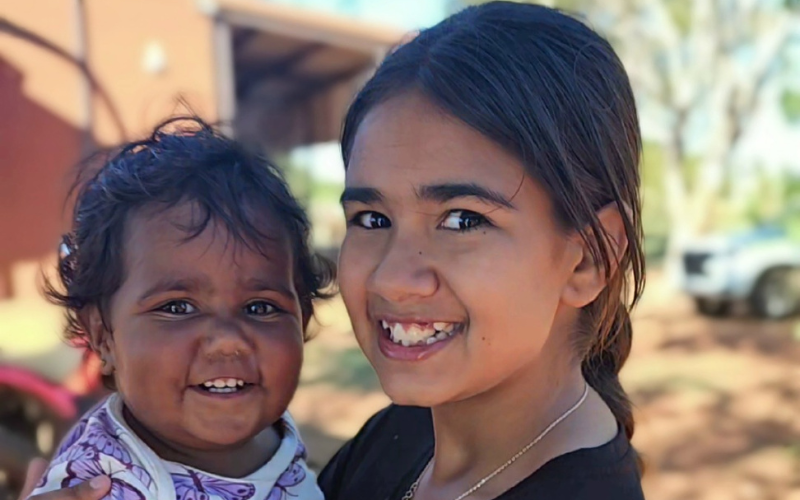Search
Showing results for "Au"
Research
Epidemiology and mortality of staphylococcus aureus Bacteremia in Australian and New Zealand childrenDescribe the epidemiology of Staphylococcus aureus bacteremia in children and adolescents younger than 18 years from Australia and New Zealand
Research
PCV10 elicits Protein D IgG responses in Papua New Guinean children but has no impact on NTHi carriage in the first two years of lifeNasopharyngeal colonisation with nontypeable Haemophilus influenzae (NTHi) is associated with development of infections including pneumonia and otitis media. The 10-valent pneumococcal conjugate vaccine (PCV10) uses NTHi Protein D (PD) as a carrier. Papua New Guinean children have exceptionally early and dense NTHi carriage, and high rates of NTHi-associated disease.

News & Events
Inside the lab: children’s brain tumour research in WAAt The Kids Research Institute Australia, our Brain Tumour Research team is leading the charge to change the story for children diagnosed with brain cancer by working on safer, more effective treatments.

News & Events
International Women's Day 2025Hear from Avril Bezant, ORIGINS Data Coordinator, and Alexis Harun, ORIGINS Paediatric Coordinator, and be reminded that it’s never too late to pursue your passion along with their hopes for women entering a STEM career.
Research
COCOON: Virus transmission, immunity, and family wellbeing during COVID-19The delay in community transmission of the new Coronavirus in WA, together with the strict, social distancing measures that have been adopted, provide us with an opportunity to observe the level of immunity development to the virus within the community and assess the impact of COVID-19 pandemic on health and well-
Research
Modelling study of the ability to diagnose acute rheumatic fever at different levels of the Ugandan healthcare systemTo determine the ability to accurately diagnose acute rheumatic fever given the resources available at three levels of the Ugandan healthcare system.
Research
Increasing incidence of invasive group A streptococcal disease in Western Australia, particularly among Indigenous peopleThe incidence of invasive GAS disease in WA increased between 2000 and 2018, particularly among Indigenous Australians. Mandatory notification of invasive GAS disease would therefore be appropriate. The social determinants of differences in incidence should be addressed, and other relevant host, pathogen, and health system factors investigated.
Research
Barriers and enablers of health service utilisation for childhood skin infections in remote aboriginal communities of Western AustraliaHealth service utilisation in this setting may be enhanced by improving general awareness of the significance of childhood skin infections

News & Events
Community connections key to improving children’s lung healthThe key to improving the lung health of Aboriginal children lies in establishing strong community connections.
Research
SToP (See, Treat, Prevent) skin sores and scabies trial: study protocol for a cluster randomised, stepped-wedge trial for skin disease control in remote Western AustraliaSkin infection burden in remote Aboriginal communities can be reduced by the See, Treat, Prevent (SToP skin sores and scabies) trial
